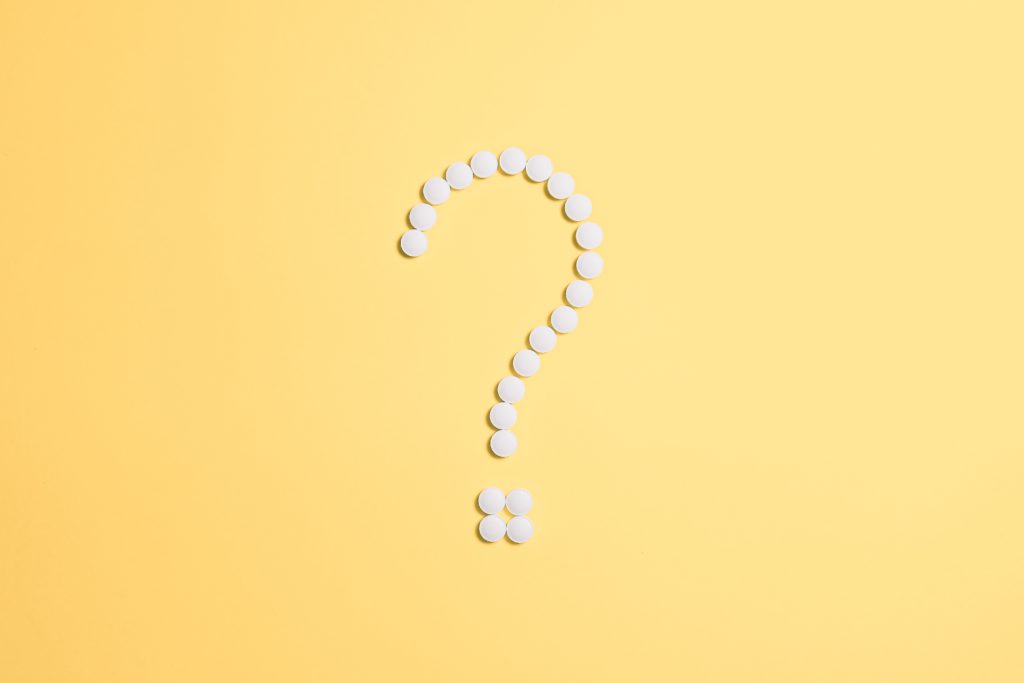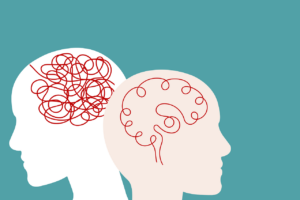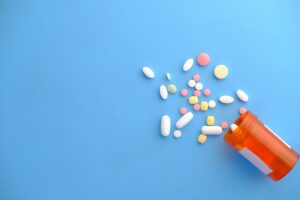
Does vitamin D affect your “biological age”?
The genes (DNA) we’re born with are the same genes we have today. We can’t lose or gain genes, but we do have biological ‘on’ and ‘off’ switches for each of them. The study of epigenetics investigates how genes are turned on or off through complex mechanisms such as DNA methylation and histone modification, which alter the surface of our DNA and therefore how our genes are expressed.
Recently, scientists from the Charité – Universitätsmedizin Berlin have discovered that you can estimate a person’s age by studying their epigenetics. This epigenetic age may actually reflect a person’s “biological age” which tells you more about how lifestyle, environment, and disease processes are affecting a person than their age in years. In fact, in some people, their biological age estimated using epigenetics suggests that they are older than their “chronological age” in years. Millions of factors affect our epigenetics, but interesting new evidence published in the Journals of Gerontology: Biological Sciences points towards a role for vitamin D in influencing biological age.
Vitamin D may promote healthy aging.
Vitamin D is well-known for its positive influence on bone health, which is extremely important, but this new study suggests that Vitamin D may also benefit our epigenetics. The authors studied epigenetic patterns in 1,600 participants and found that people with low Vitamin D in their blood were “biologically older” than people who had adequate levels — also described as age acceleration. In addition, chromosomes, the structures that organize DNA, appeared younger in people with adequate Vitamin D levels (30-100 ng/mL). Taken together, these results suggest that Vitamin D might help prevent accelerated aging.
A COVID connection?
Interestingly, several recent studies have found a relationship between adequate Vitamin D levels and positive COVID-19 outcomes. In patients hospitalized with COVID-19, low Vitamin D is linked with higher incidence of pneumonia, respiratory, and cardiovascular complications. It’s important to remember that all of the above-mentioned studies are new, and we don’t yet know if Vitamin D causes these improvements. What we do know is that it can’t hurt to improve Vitamin D levels within a safe range.
Boosting Vitamin D
How can you help your biological cause? The best way to absorb Vitamin D is through direct sunlight. Vitamin D deficiency is more common farther away from the equator, where many people don’t get frequent sun exposure. Therefore, it’s important to get adequate Vitamin D from your diet in winter months. Many milks and cereals are fortified, meaning Vitamin D has been added to them during production, while fatty fish like salmon and mackerel are a natural source. Here is a complete list of food sources. Because many people struggle to get enough from their diet, Vitamin D supplements can also be found at any drug store. To improve your body’s absorption of the vitamin, it’s helpful to take it with a meal containing some healthy fat. Information about the health and safety of Vitamin D intake can be found here.
We may not be able to change our DNA, but through epigenetics we’re learning how to work with what we have (and treatments we know about, like Vitamin D) to optimize health and lifespan.
ABOUT THE AUTHORS
Meghan Smith is a first-year Ph.D. student in the Biology of Healthspan Laboratory in CSU’s Dept. of Health and Exercise Science.





